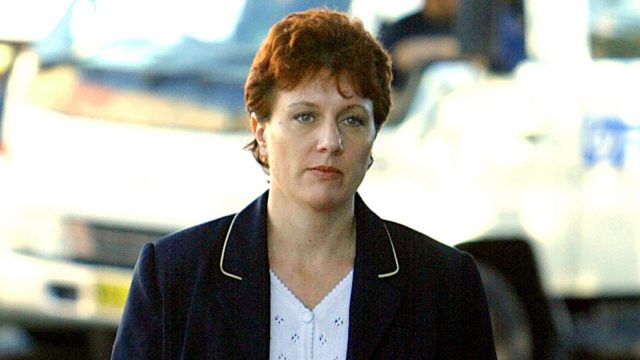
A woman jailed for 20 years over the deaths of her four children has been pardoned after a judicial review.
Kathleen Folbigg was convicted of three counts of murder and one of manslaughter in Australia back in 2003.
The murders were of daughters Sarah and Laura and son Patrick, and the manslaughter was of another son, Caleb.
Folbigg, now 55, maintained her innocence and said they had died of natural causes – but a 2019 inquiry into her conviction reinforced her guilt.
But a second inquiry, launched in 2022 after fresh evidence suggested two of the children’s deaths were caused by a genetic mutation, has now led to her being pardoned.
New South Wales attorney general Michael Daley said the probe had found reasonable doubt in each conviction, adding it is “impossible not to feel sympathy” for Folbigg.
She was released from a prison in Grafton, New South Wales, on Monday, a decade before her jail term was due to expire and five years before she would have become eligible for parole.
Her convictions still stand for now, though, with the Court of Appeals still waiting on a final report from the inquiry that could recommend they be quashed completely.
The inquiry was launched following a petition that counted scientists and medics among its signatories, arguing “significant positive evidence” that the children had died of natural causes.
They all died separately over the course of a decade, aged between 19 days and 19 months.
Caleb was born in 1989 and died 19 days later in what a jury determined as a case of manslaughter.
Her second child, Patrick, was eight months old when he died in 1991; Sarah died at 10 months in 1993; and Laura passed away at 19 months in 1999.
Prosecutors told the jury at her trial the similarities in the deaths made coincidence an unlikely explanation.
They also said Folbigg, who was the only person at home or awake when the children died, had used her diary to confess to the killings.
But when it was discovered in 2018 that Sarah and Lara had carried a rare CALM2 genetic variant, the original inquiry into the convictions was launched.
They were upheld come the end of the first inquiry, with her ex-husband saying in submissions that her diary entries should continue to be treated as admissions of guilt.
Four children in one family dying of natural causes before the age of two was implausible, he argued.
Lawyer Sophie Callan said psychologists and psychiatrists gave evidence that it would be “unreliable to interpret the entries in this way.”
Folbigg had been suffering a major depressive disorder and “maternal grief” when she made the entries, she added.


















